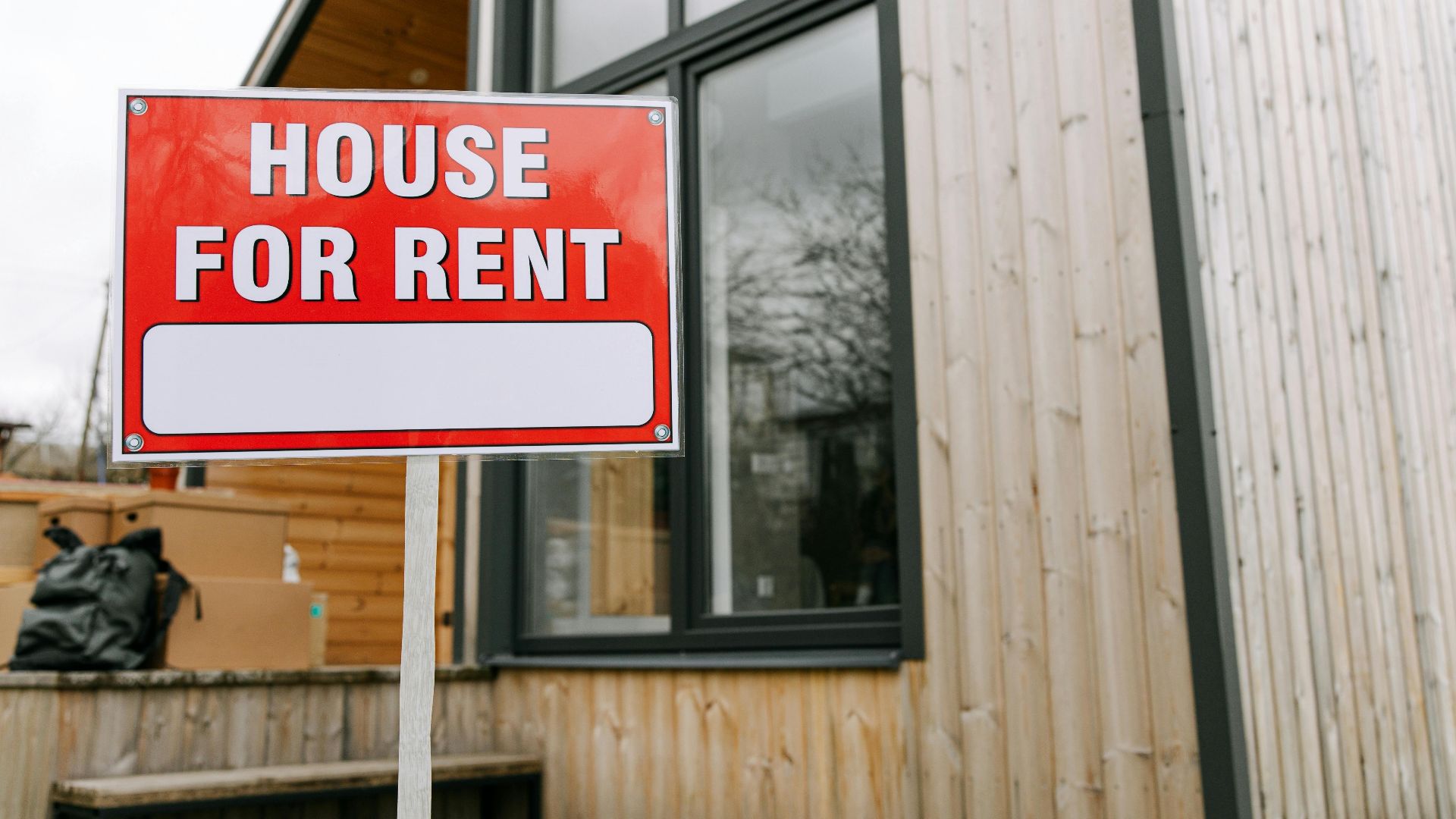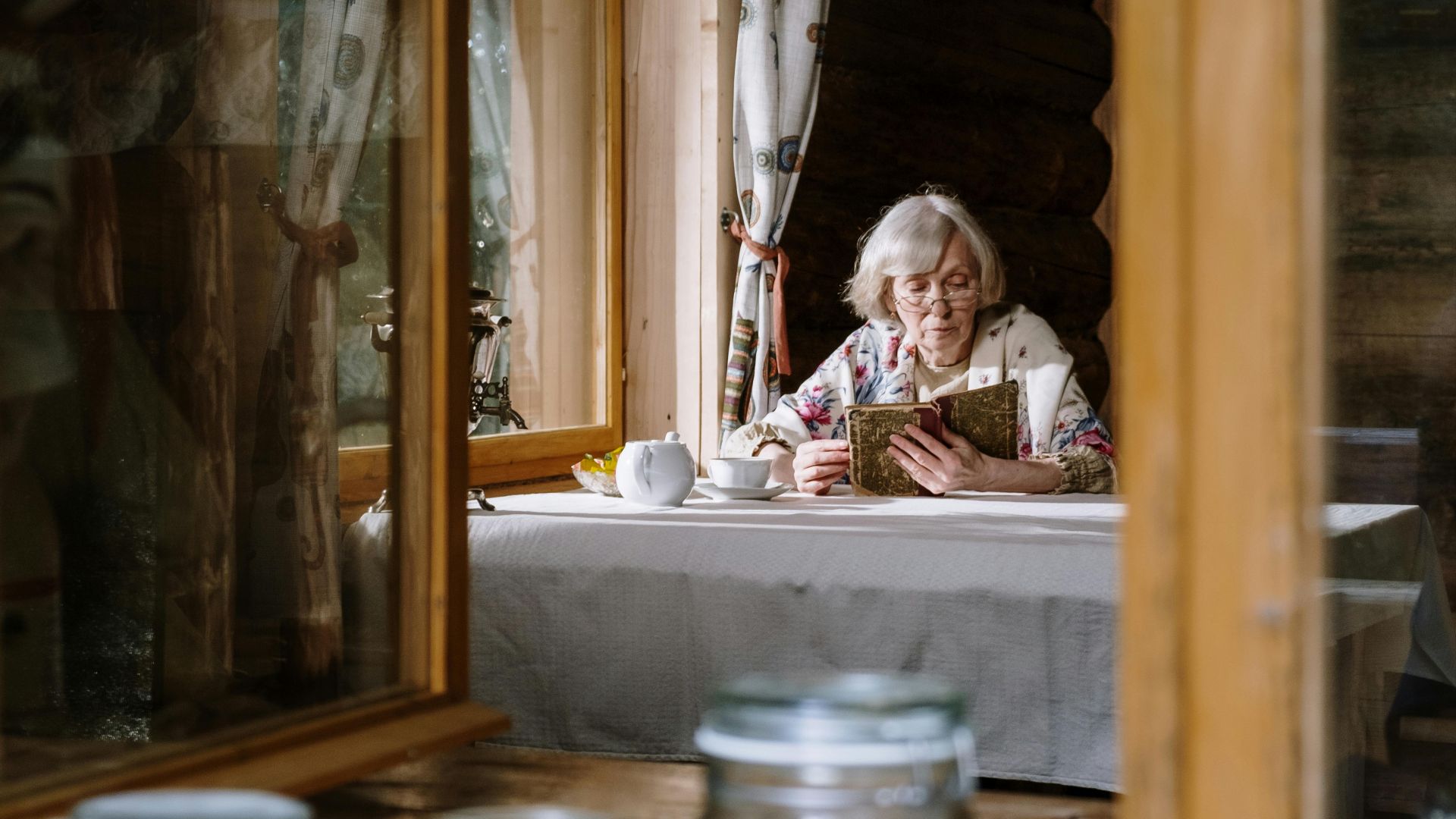It’s Not Too Late To Start Preparing For Retirement
Reaching your sixties with little to no savings can feel overwhelming, especially with retirement looming. But owning your home outright is a big advantage. Downsizing could help you free up cash, cut expenses, and buy yourself some much-needed breathing room. Here’s how to approach this decision the right way.

Why Owning Your Home Changes The Equation
While not having savings may feel scary, owning your home gives you equity to work with. That equity is a powerful tool that many renters never have. It can fund your retirement, help you reduce monthly bills, and provide stability in your golden years while also giving you options that extend beyond simply working longer or living more frugally.
What Downsizing Really Means
Downsizing isn’t just moving into a smaller space; it’s about adjusting your lifestyle to fit your current needs. It means trading extra square footage and higher expenses for something more manageable, freeing resources for your retirement years. In many cases, it also means making intentional choices about location, community, and convenience that improve overall quality of life.
The Big Benefit: Freeing Up Cash
If you sell your current home and buy something smaller or less expensive, the difference becomes cash you can use. This lump sum could pay down debts, create an emergency fund, or even be invested for retirement income. Having liquid assets in retirement provides flexibility, security, and peace of mind that home equity alone cannot fully deliver.
 Photo By: Kaboompics.com, Pexels
Photo By: Kaboompics.com, Pexels
Another Benefit: Lower Ongoing Costs
A smaller house usually means lower property taxes, lower utility bills, and less upkeep. Every dollar you don’t spend on maintenance or heating large spaces is another dollar that can go toward living comfortably in retirement. These ongoing savings can stretch your budget significantly, giving you more freedom to enjoy hobbies, travel, or simply worry less about bills.
The Emotional Benefits Of Downsizing
Less house means less to clean, less clutter, and fewer responsibilities weighing you down. Downsizing can give you peace of mind and free up time for the things you actually want to do in retirement. The sense of liberation that comes from simplifying your life can often outweigh the sadness of letting go of unused space.
The Drawbacks: Leaving Memories Behind
Moving from the family home can be an emotional decision. You may feel like you’re leaving behind memories, traditions, or even part of your identity. Acknowledging that emotional weight is just as important as crunching the numbers. Recognizing that memories live within you, not just within the walls, can help make the transition less painful.
Drawback: Relocation Stress
Selling, packing, and moving is no small feat, especially in your sixties. Downsizing can feel physically and emotionally draining. Preparing early and getting help from family or professionals can make the process smoother. Breaking the process into small, manageable steps—such as decluttering room by room—can reduce the sense of overwhelm and keep things moving forward.
Drawback: Smaller Space, Less Flexibility
A smaller home may mean less room for guests, hobbies, or family gatherings. If having the grandkids over every weekend is important, think carefully about whether a smaller place fits your lifestyle. Some retirees compromise by choosing communities with shared amenities or multipurpose spaces that allow them to entertain without maintaining an oversized house.
How To Decide If Downsizing Is Right For You
Ask yourself: What’s more important right now—keeping space I don’t really use, or securing financial freedom in retirement? Downsizing isn’t for everyone, but for many, it’s a smart way to unlock the equity tied up in their home. Honest self-reflection about priorities can clarify whether the trade-offs feel worthwhile for your long-term peace of mind.
Timing Your Move
The housing market can make a big difference. Selling when prices are high maximizes your equity, but waiting too long may mean missing out. Talk to a real estate agent who knows your area and can help you time your sale wisely. Considering seasonality and regional trends may also allow you to capture stronger offers.
Where Should You Move?
Consider your priorities: Do you want to be close to family? Live somewhere cheaper? Be near good healthcare? Choosing the right location matters just as much as choosing the right house. For many retirees, walkable neighborhoods, warmer climates, or lower cost-of-living states provide better value and a more enjoyable retirement lifestyle.
Renting VS Buying After Downsizing
Some retirees choose to buy a smaller home, while others rent instead. Renting means no property taxes or major maintenance, but buying means continuing to build stability and avoid rent increases. Think about which option gives you more peace of mind. For some, flexibility matters more than ownership, while others value long-term security above all else.
Using The Money Wisely
If downsizing gives you a large lump sum, don’t rush to spend it. Set aside an emergency fund, pay off debts, and then consider investing the rest. Even late in life, careful planning can stretch those dollars further. Talking to a financial professional about conservative, income-generating investments may help you avoid mistakes and preserve wealth.
Late-In-Life Saving Strategy #1: Part-Time Work
Working part-time can supplement retirement income and reduce how quickly you draw down your savings. Plus, it can keep you active, connected, and engaged—whether you work in something you know or try something completely new. Many retirees even find purpose and joy in 'encore careers' that feel more fulfilling than their previous full-time jobs.
Late-In-Life Saving Strategy #2: Delay Social Security
Every year you delay Social Security past age 62 increases your benefit. If you can wait until 67—or even 70—you’ll receive significantly more, helping secure a steadier income later in life. Delaying may require careful budgeting at first, but the long-term payoff can greatly improve your financial stability throughout retirement.
Late-In-Life Saving Strategy #3: Cut Unnecessary Expenses
Take a close look at your budget. Do you still need all those streaming services? Is that car loan eating too much? Trimming the fat now can give you more freedom in retirement. Downsizing isn’t just about housing—it’s also about simplifying other areas of your life to keep your finances sustainable.
 Photo By: Kaboompics.com, Pexels
Photo By: Kaboompics.com, Pexels
Late-In-Life Saving Strategy #4: Health Planning
Medical expenses are one of the biggest costs in retirement. Downsizing to free up cash can give you the flexibility to buy good insurance or start a health savings plan if you’re still working. Prioritizing preventive care, healthy routines, and Medicare planning can also reduce the risk of expensive medical surprises later on.
Building A Retirement Budget
Even with late planning, a realistic budget is your best tool. Factor in Social Security, part-time work, downsizing proceeds, and expected expenses. A clear plan lets you see where you stand and helps you avoid running short. Revisiting and updating this budget regularly keeps you on track and prepares you for changing circumstances.
Avoiding Common Mistakes
Don’t underestimate how much you’ll spend in retirement. Many people forget about rising healthcare costs, inflation, and home maintenance. Be conservative in your estimates so you don’t stretch yourself too thin. Planning with a buffer for unexpected expenses will give you confidence and help prevent financial stress from derailing your retirement goals.
 Photo By: Kaboompics.com, Pexels
Photo By: Kaboompics.com, Pexels
Talk To A Financial Advisor
Even if you’ve never seen one before, a financial advisor can help you structure your downsizing proceeds into an income stream. They can also suggest ways to maximize Social Security, minimize taxes, and plan for unexpected expenses. A short consultation can uncover strategies you might not have considered and provide peace of mind.
Emotional Readiness Matters Too
Retirement is not just about money—it’s about lifestyle. Downsizing can give you more freedom, but make sure the move also fits your personal goals, values, and vision for your retirement years. Preparing emotionally for the change is just as important as preparing financially, and doing both ensures a smoother, happier transition.
Downsizing Doesn’t Mean Downgrading
Think of it as right-sizing instead of downsizing. You’re not losing; you’re choosing a home that actually fits your current lifestyle, financial needs, and future plans. That shift in perspective can make the decision feel empowering instead of painful, turning it into a step toward independence rather than a sacrifice.
You’re Not Alone
Many people in their sixties find themselves in similar situations. You’re not the only one approaching retirement with less savings than you hoped. Downsizing is one of the most common—and effective—ways to create a safer financial path forward. Knowing others have walked this road can help you feel supported and encouraged.
Final Thoughts
Downsizing won’t solve everything, but it can be a game-changer. Owning your home gives you a huge advantage, and with the right mix of budgeting, saving strategies, and careful planning, you can still build a safe, enjoyable retirement—even if you’re starting late. The key is to take action now and make choices that bring you both financial stability and peace of mind.
You May Also Like:
Just $30K In Savings Is Enough To Retire In These Beautiful Locations
I'm 60 with $250K saved and $1,800 in monthly expenses. Can I afford to retire at 65?
Keeping Savings After Retirement Is Simple As Long As You Follow The $1,000 A Month Rule




























